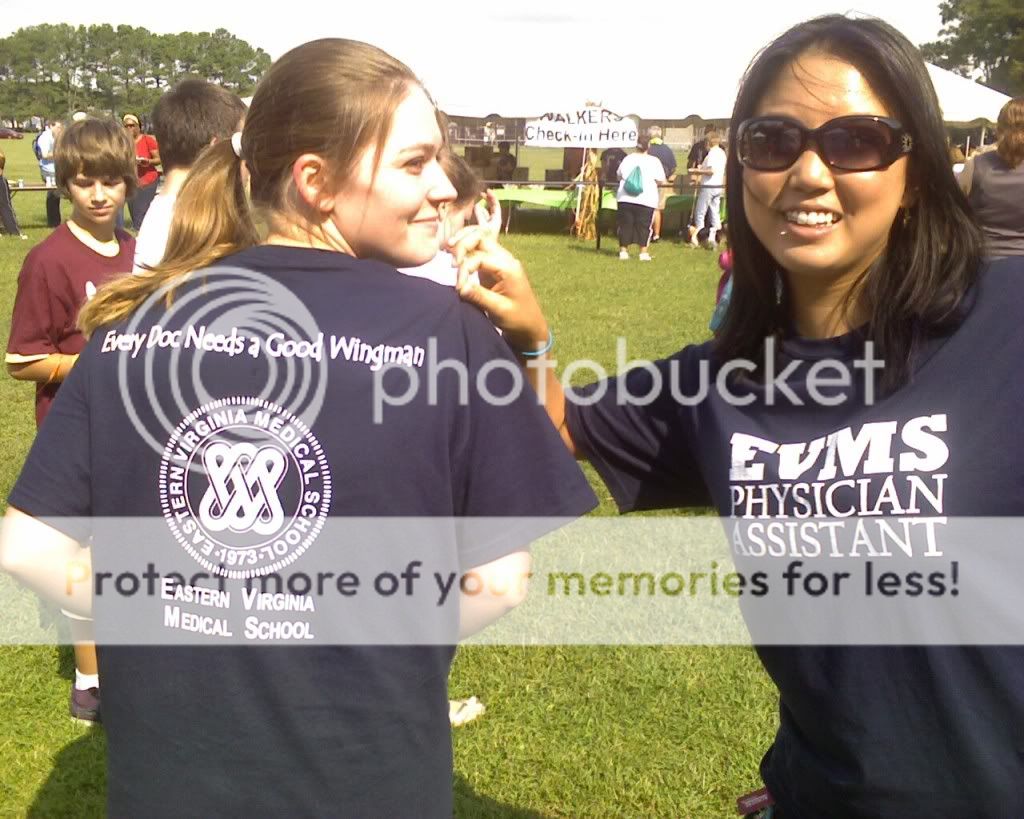- Joined
- Jan 1, 2007
- Messages
- 595
- Reaction score
- 2
Pharos, some of your comments just don't make any sense.
First, BlueDog is one of the most relaxed and insightful attendings on this site. So, to say they're bitter, clearly means you really don't follow their posts.
Second, YES. I am going to say it. The AVERAGE PA CANNOT MAKE IT THROUGH MEDICAL SCHOOL. Why can I make this assertion?
1) Medical school admissions pick students based on grades and MCAT score--based on their correlation (albeit, not super strong correlation) to making it through medical school and passing USMLE 1-3. The average PA student has an academic GPA average lower than the average medical student (period). Of course, most PAs don't get take the MCAT, but I would infer (since MCAT is knowledge and reasoning based), that a lower GPA correlates to less knowledge and they would likely (on average) score less than the average medical student. FYI, I know you are "proud" of that MCAT score but do realize that the average MCAT acceptance is now above a 30 (pretty sure its 30.8-31).
2) Even with these large academic hurdles medical students make to get into medical school, some still struggle and fail in school. So, to recap, the average medical student with a more intense academic background can often fail in this intense environment. You are insinuating, that with a far LESS intense academic basic science understanding the average PA could thrive? I don't buy that koolaid at all. (and it doesn't make any logical sense).
3) Before you get yourself all excited. We are talking about averages. You learned about averages right? Could the top 10% of the PA class at Duke make it through medical school ? If I was betting man, I would say ABSOLUTELY, but that is the extreme not the average.
4) People do change careers, we have a nurse and PA in my medical school class. Both have fantastic clinical knowledge but have struggled through the basic sciences (previous trainings are NOT equal)
5) I feel like a broken record with this but here it is... and I am going to bold it for you:
You don't realize how much you don't know.
To you it is intuitive that since you passed a PA program you could pass medical school. Your lack of understanding of what you never learned makes it seem "ridiculous" that a PA would struggle to get through medical school. Please be happy with your profession (its a noble one) and stop the "would of /could ofs"
First, BlueDog is one of the most relaxed and insightful attendings on this site. So, to say they're bitter, clearly means you really don't follow their posts.
Second, YES. I am going to say it. The AVERAGE PA CANNOT MAKE IT THROUGH MEDICAL SCHOOL. Why can I make this assertion?
1) Medical school admissions pick students based on grades and MCAT score--based on their correlation (albeit, not super strong correlation) to making it through medical school and passing USMLE 1-3. The average PA student has an academic GPA average lower than the average medical student (period). Of course, most PAs don't get take the MCAT, but I would infer (since MCAT is knowledge and reasoning based), that a lower GPA correlates to less knowledge and they would likely (on average) score less than the average medical student. FYI, I know you are "proud" of that MCAT score but do realize that the average MCAT acceptance is now above a 30 (pretty sure its 30.8-31).
2) Even with these large academic hurdles medical students make to get into medical school, some still struggle and fail in school. So, to recap, the average medical student with a more intense academic background can often fail in this intense environment. You are insinuating, that with a far LESS intense academic basic science understanding the average PA could thrive? I don't buy that koolaid at all. (and it doesn't make any logical sense).
3) Before you get yourself all excited. We are talking about averages. You learned about averages right? Could the top 10% of the PA class at Duke make it through medical school ? If I was betting man, I would say ABSOLUTELY, but that is the extreme not the average.
4) People do change careers, we have a nurse and PA in my medical school class. Both have fantastic clinical knowledge but have struggled through the basic sciences (previous trainings are NOT equal)
5) I feel like a broken record with this but here it is... and I am going to bold it for you:
You don't realize how much you don't know.
To you it is intuitive that since you passed a PA program you could pass medical school. Your lack of understanding of what you never learned makes it seem "ridiculous" that a PA would struggle to get through medical school. Please be happy with your profession (its a noble one) and stop the "would of /could ofs"



